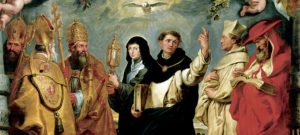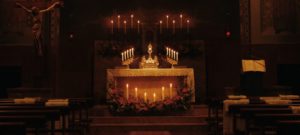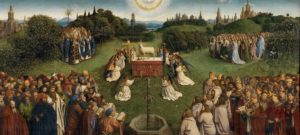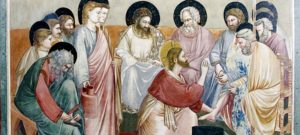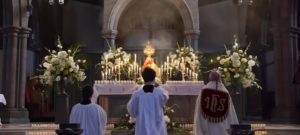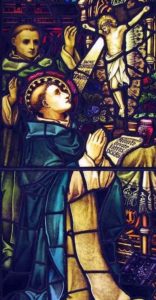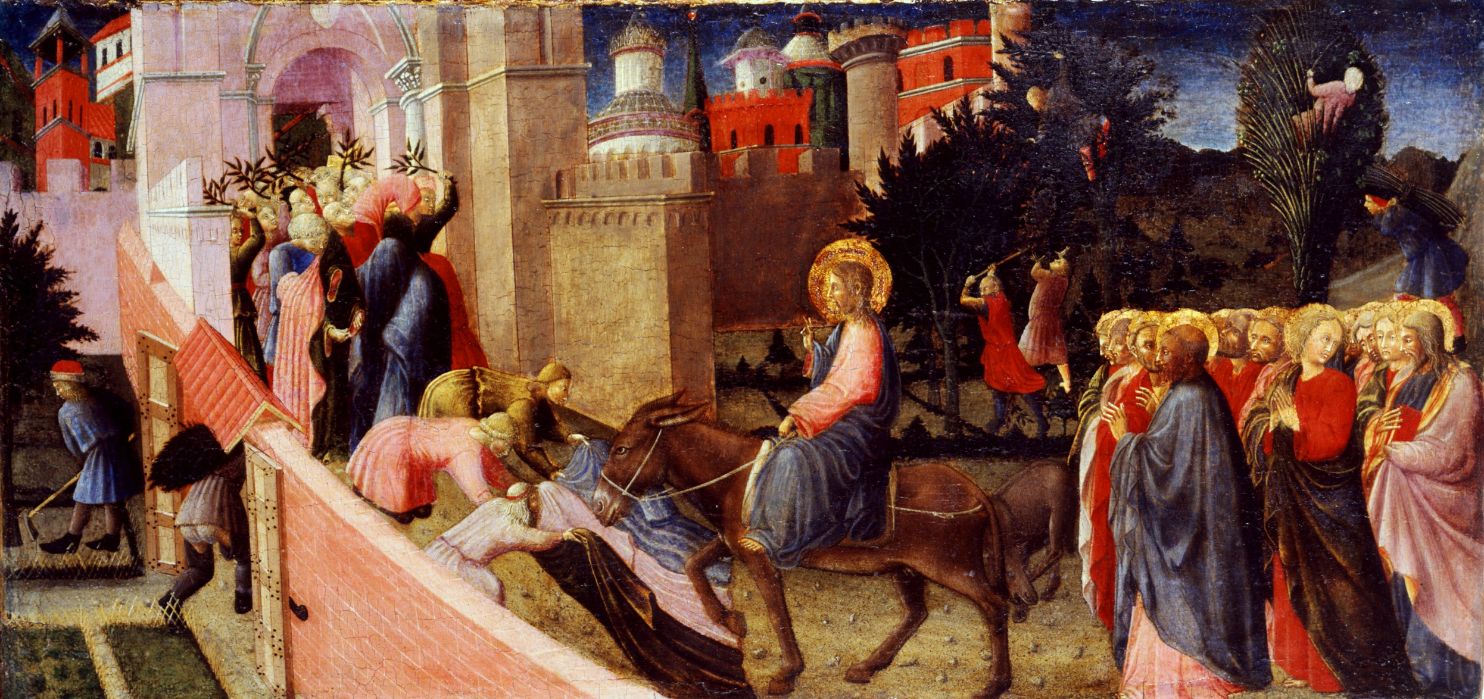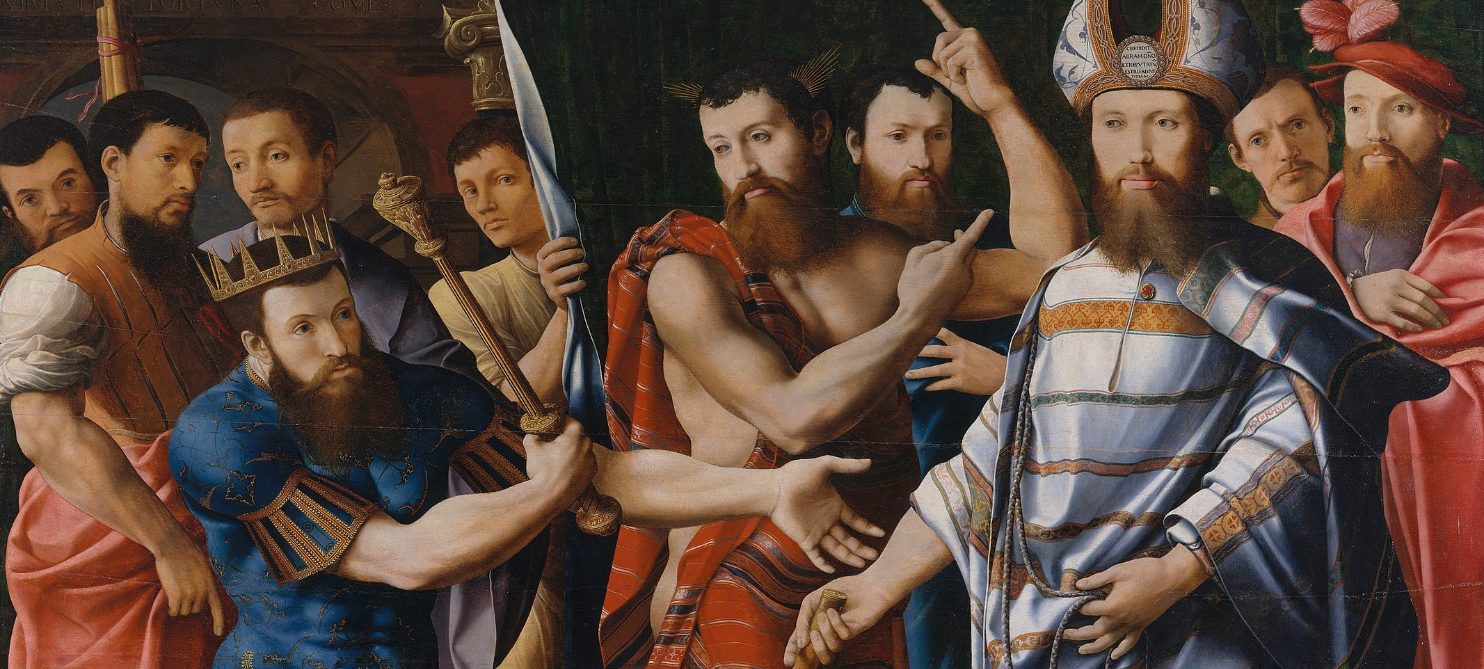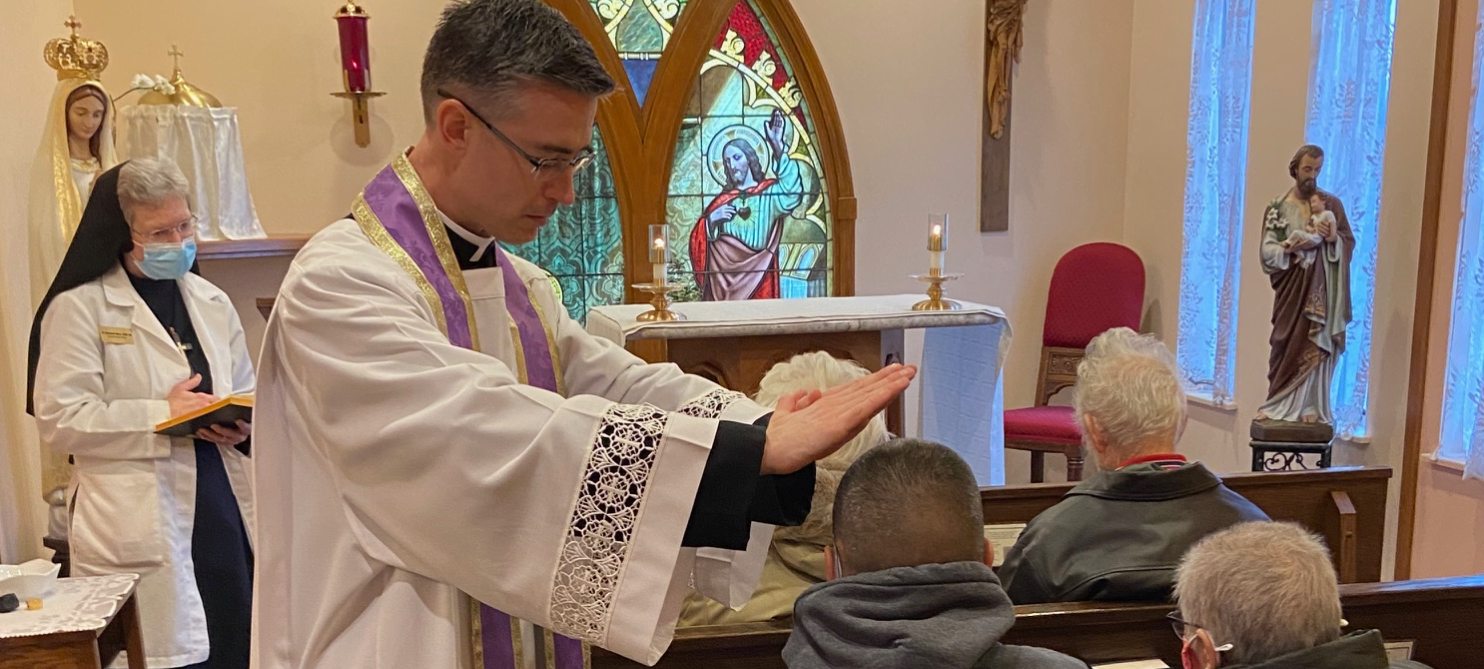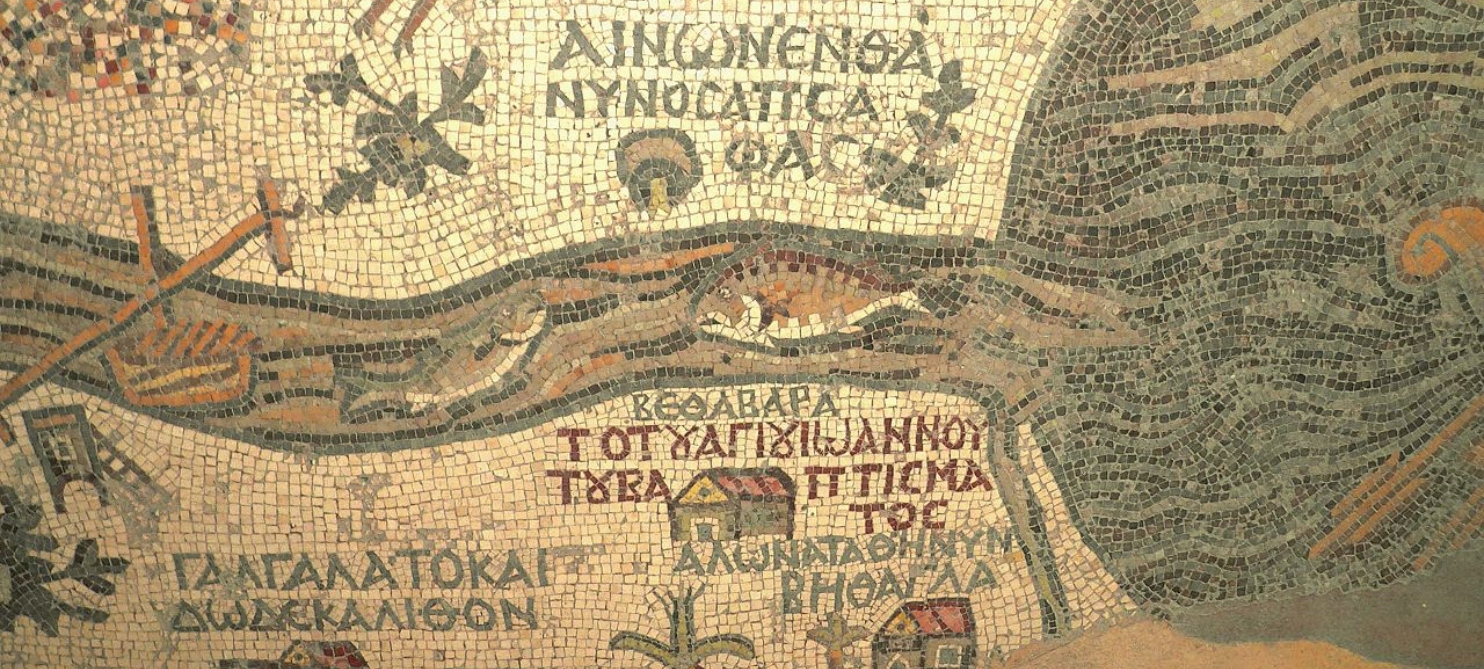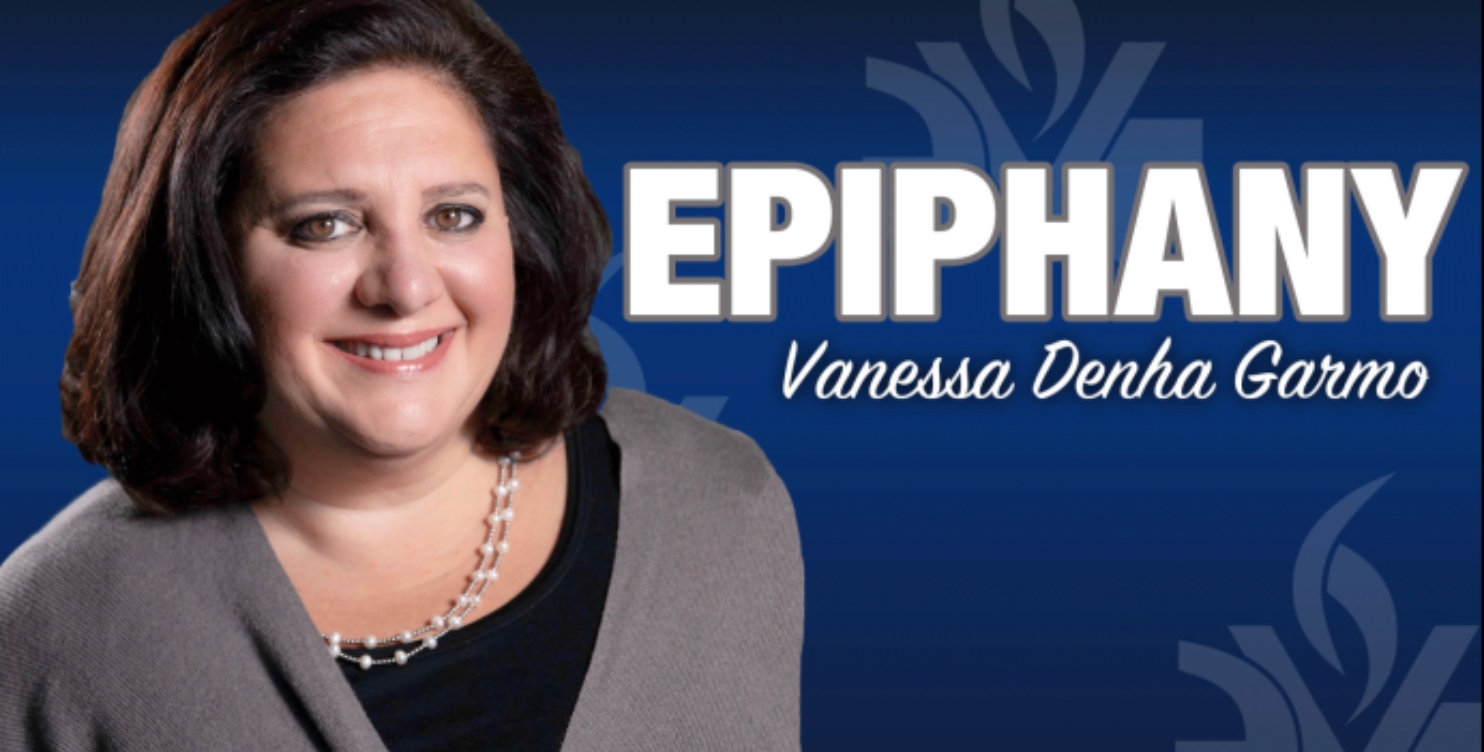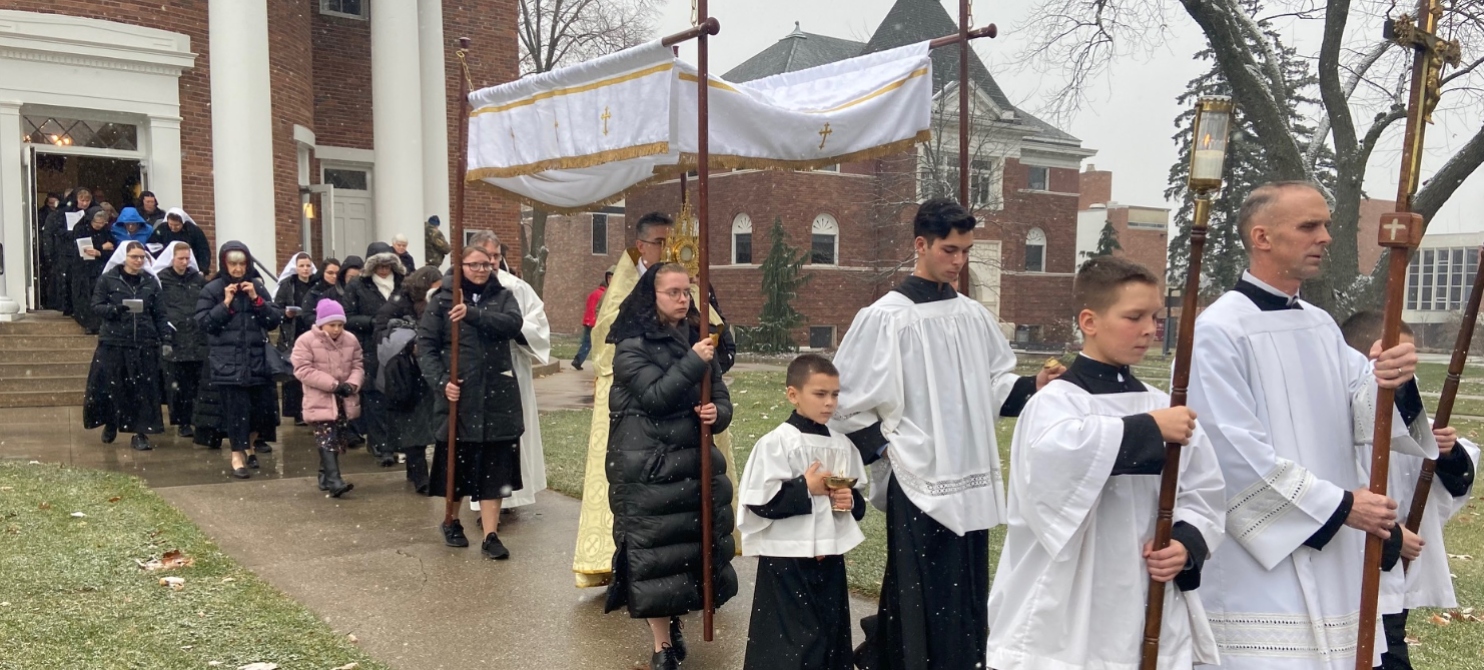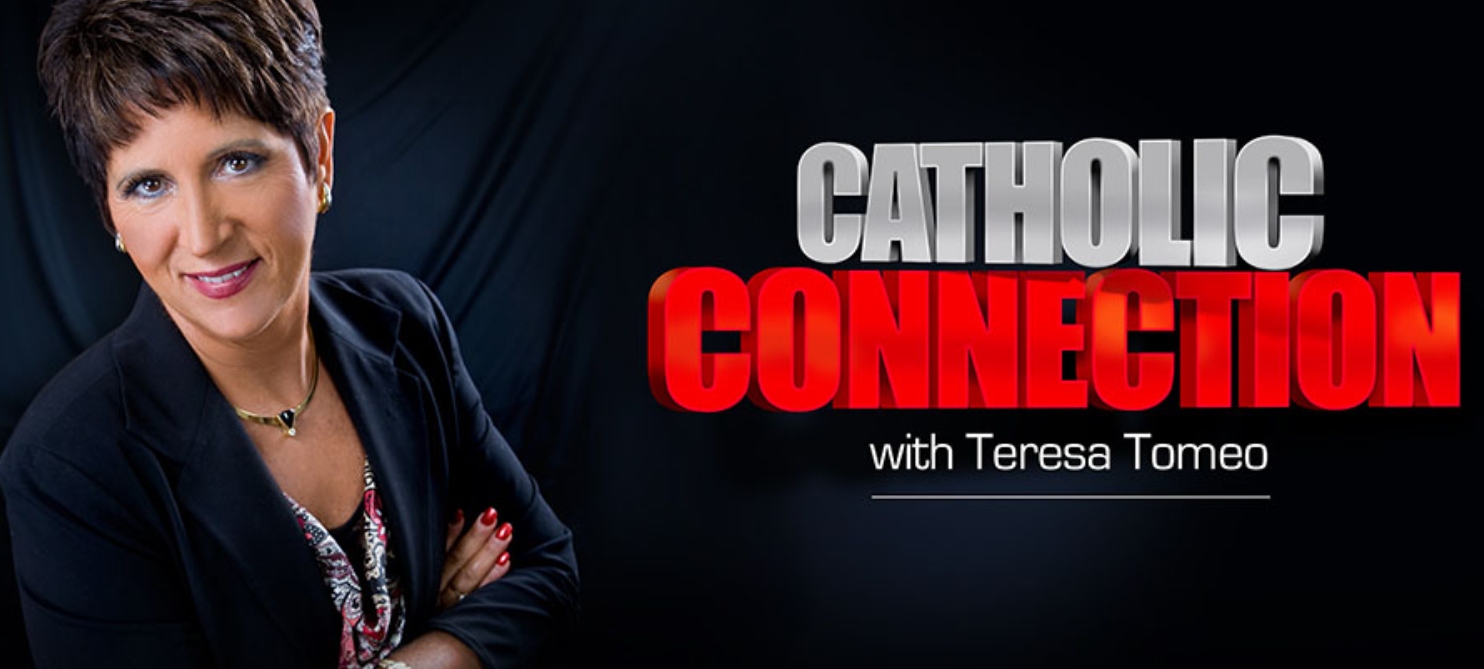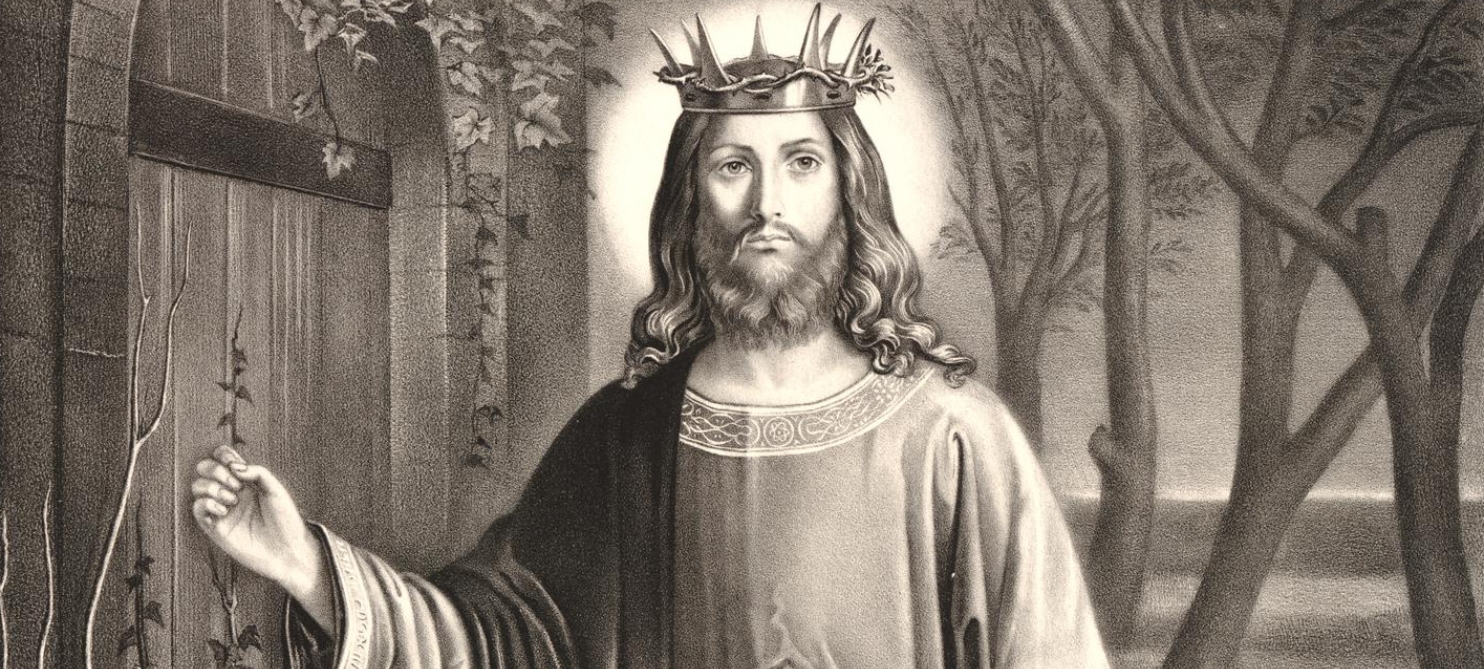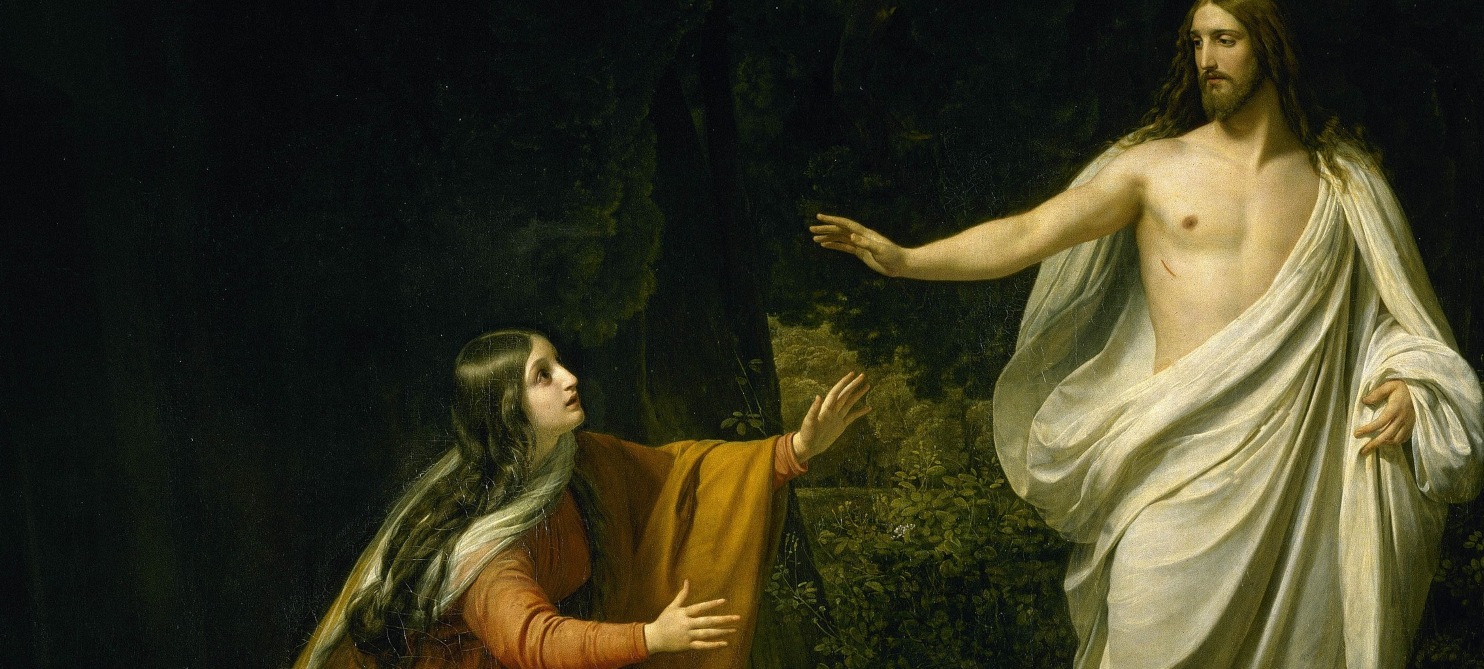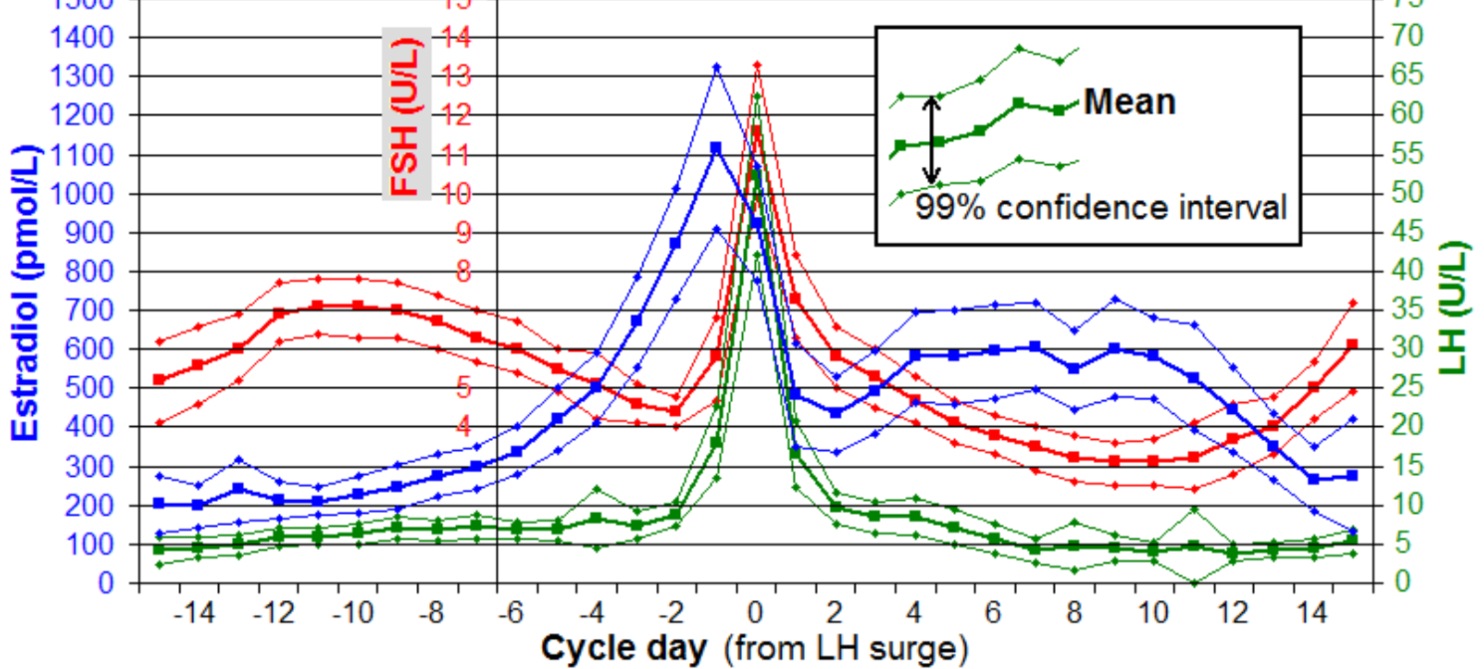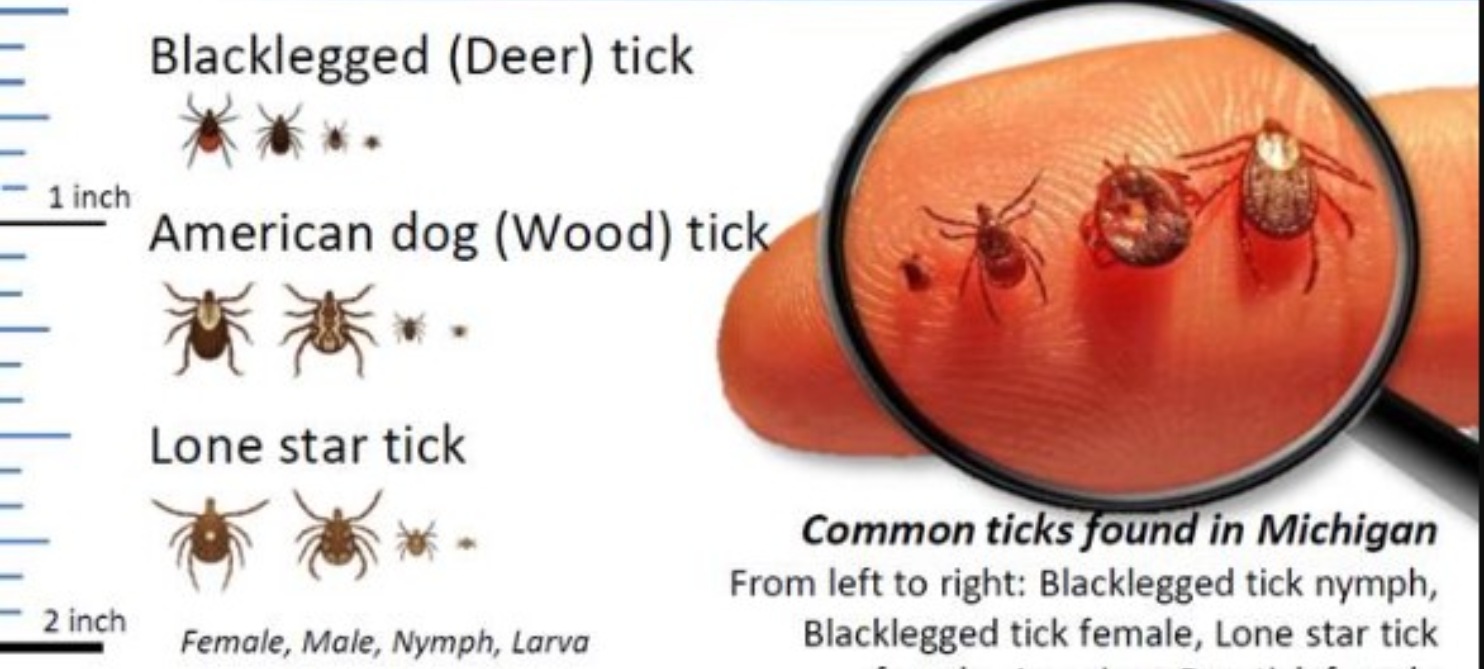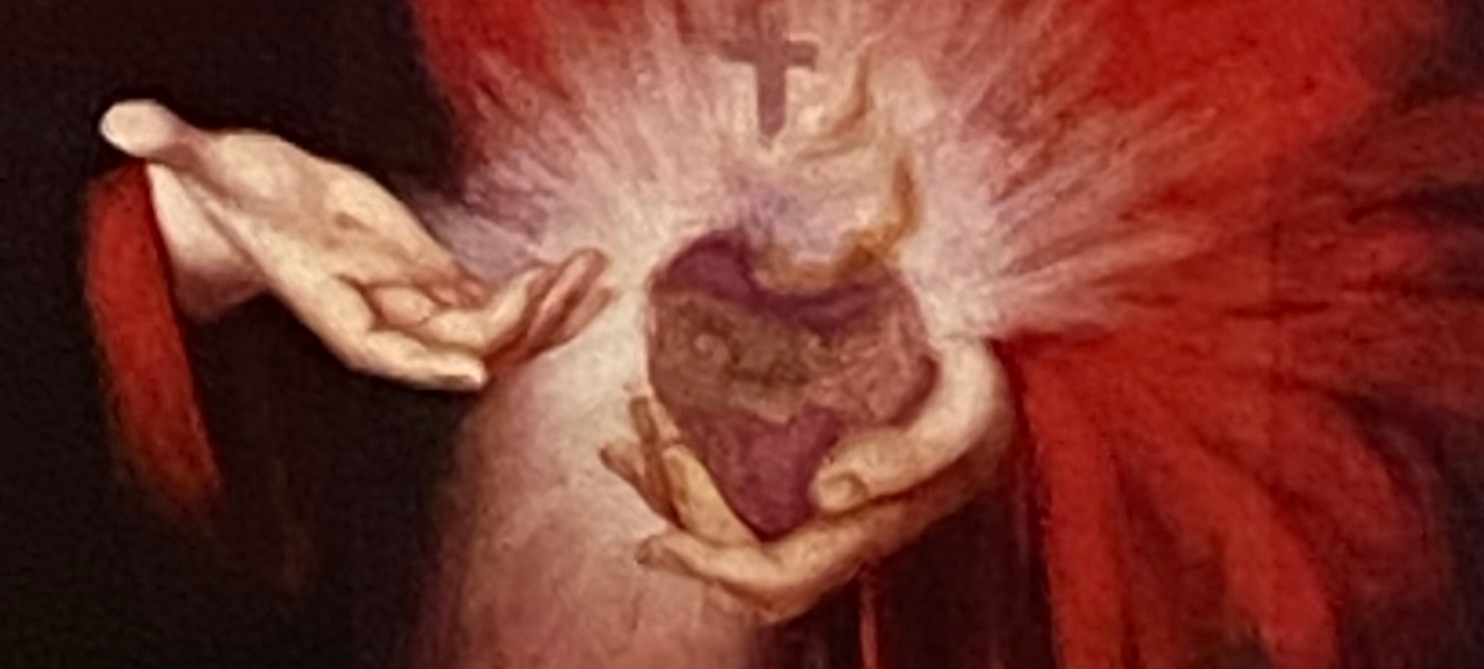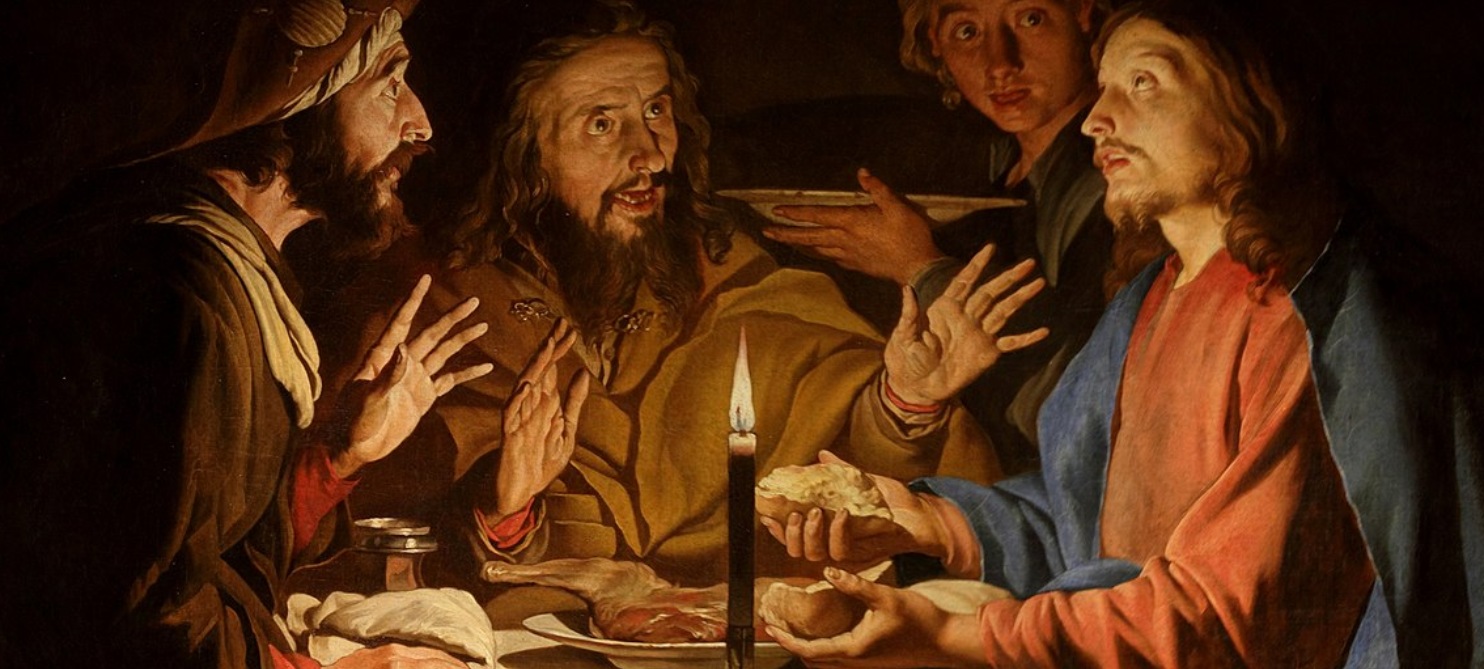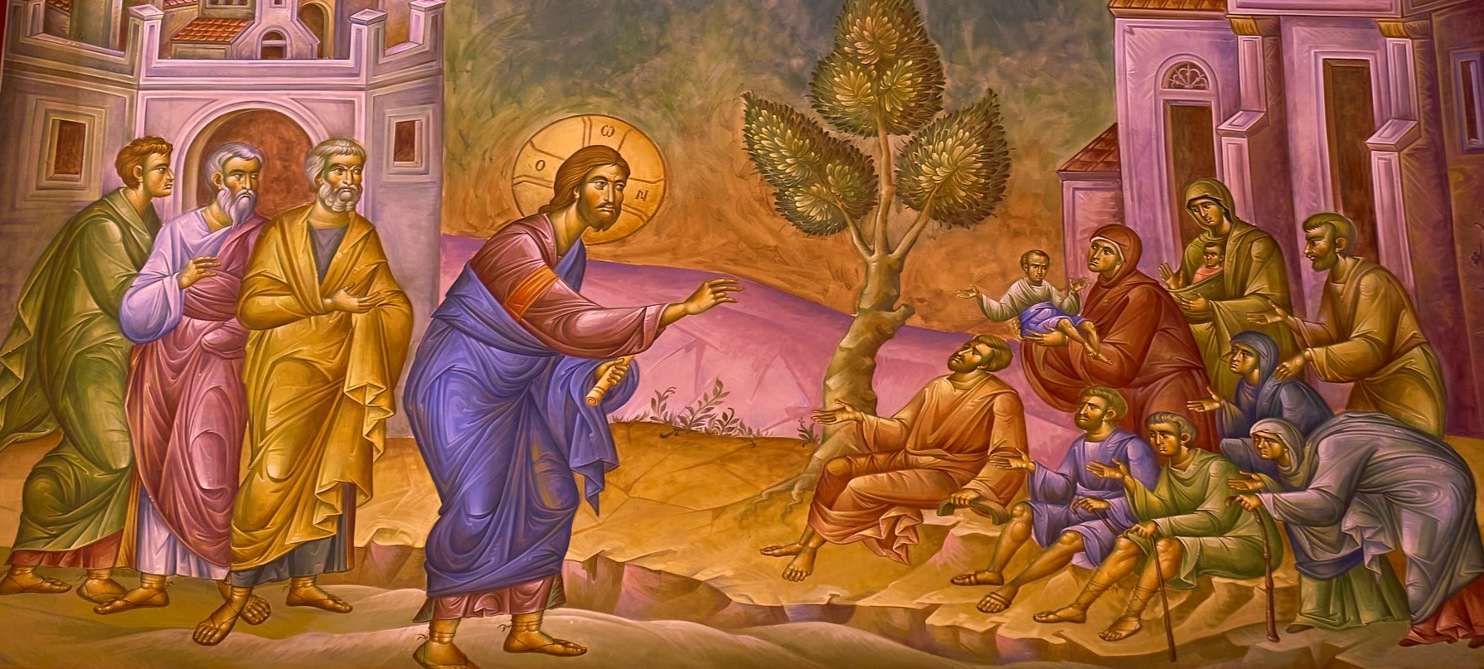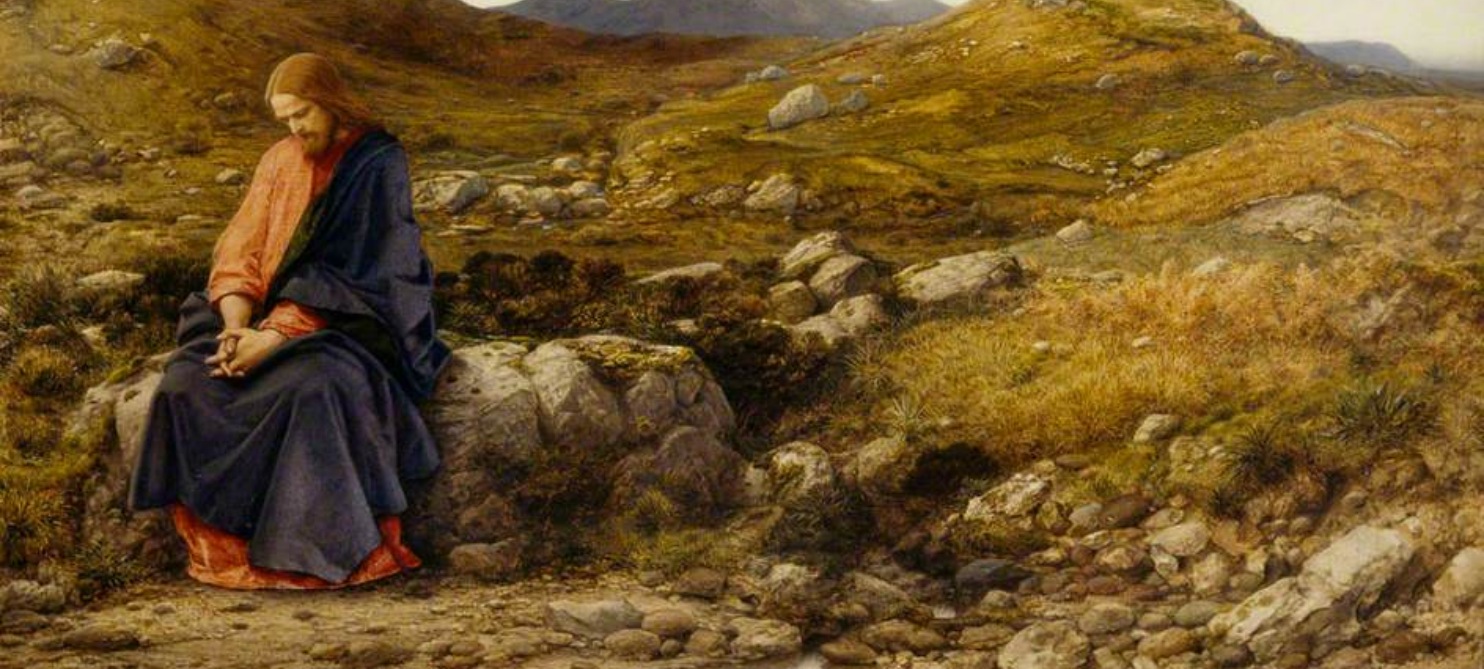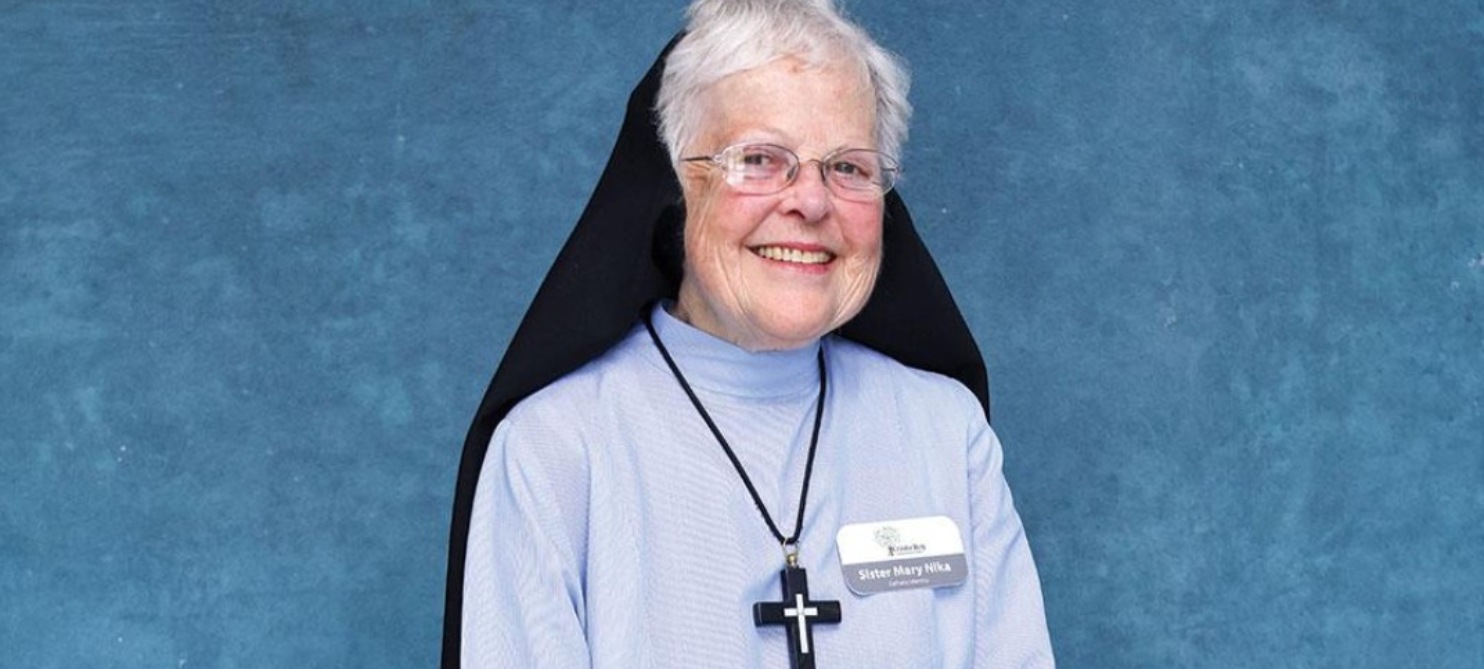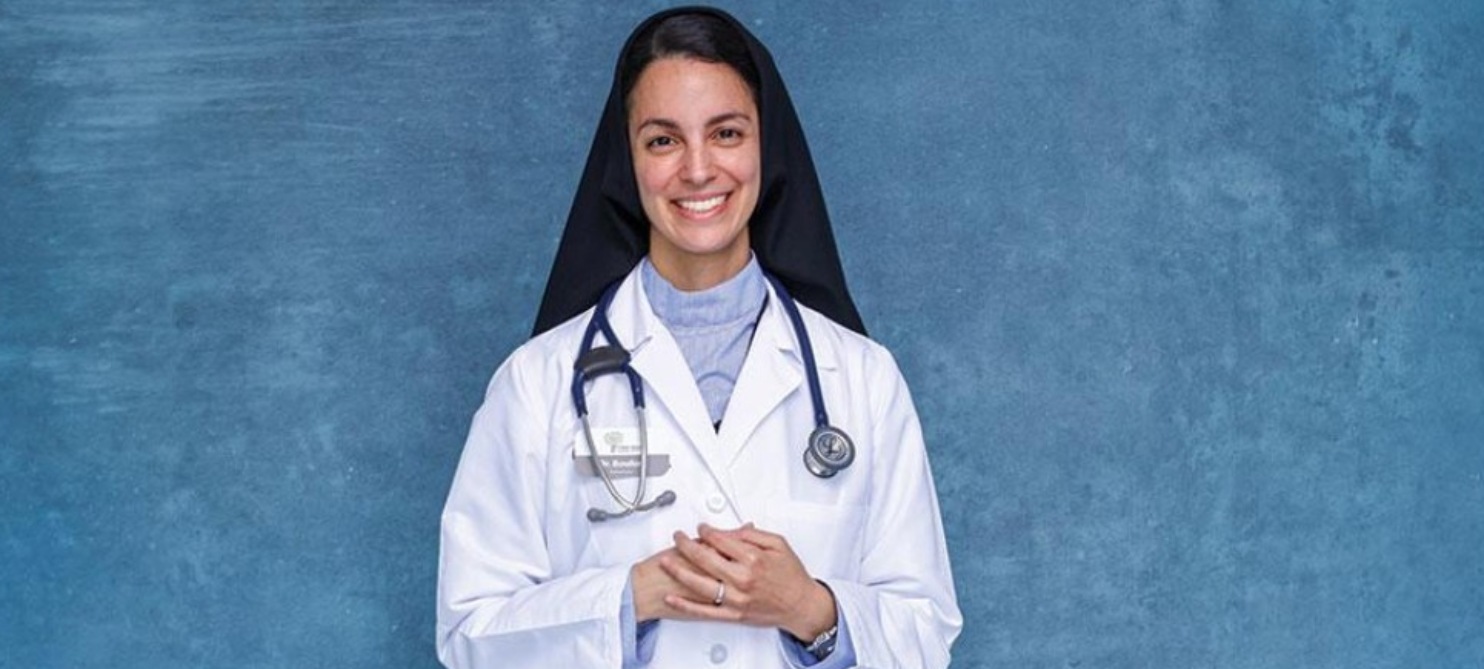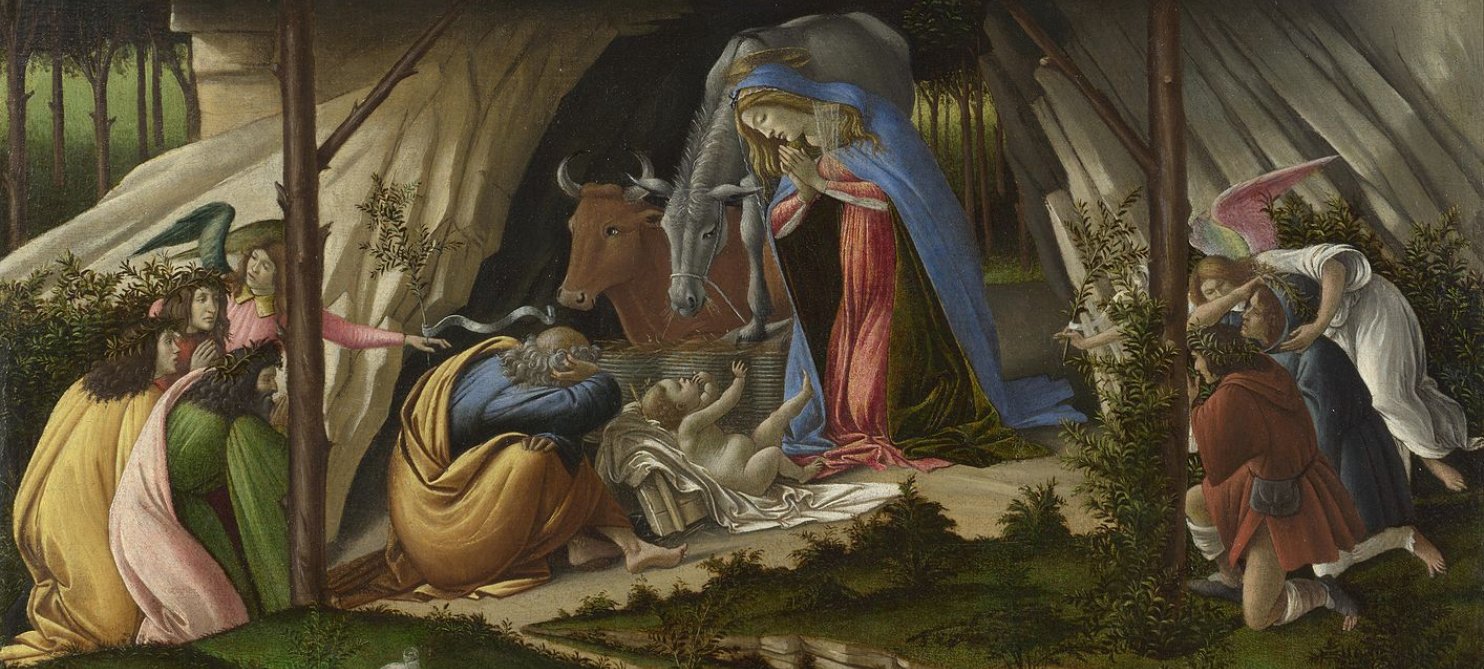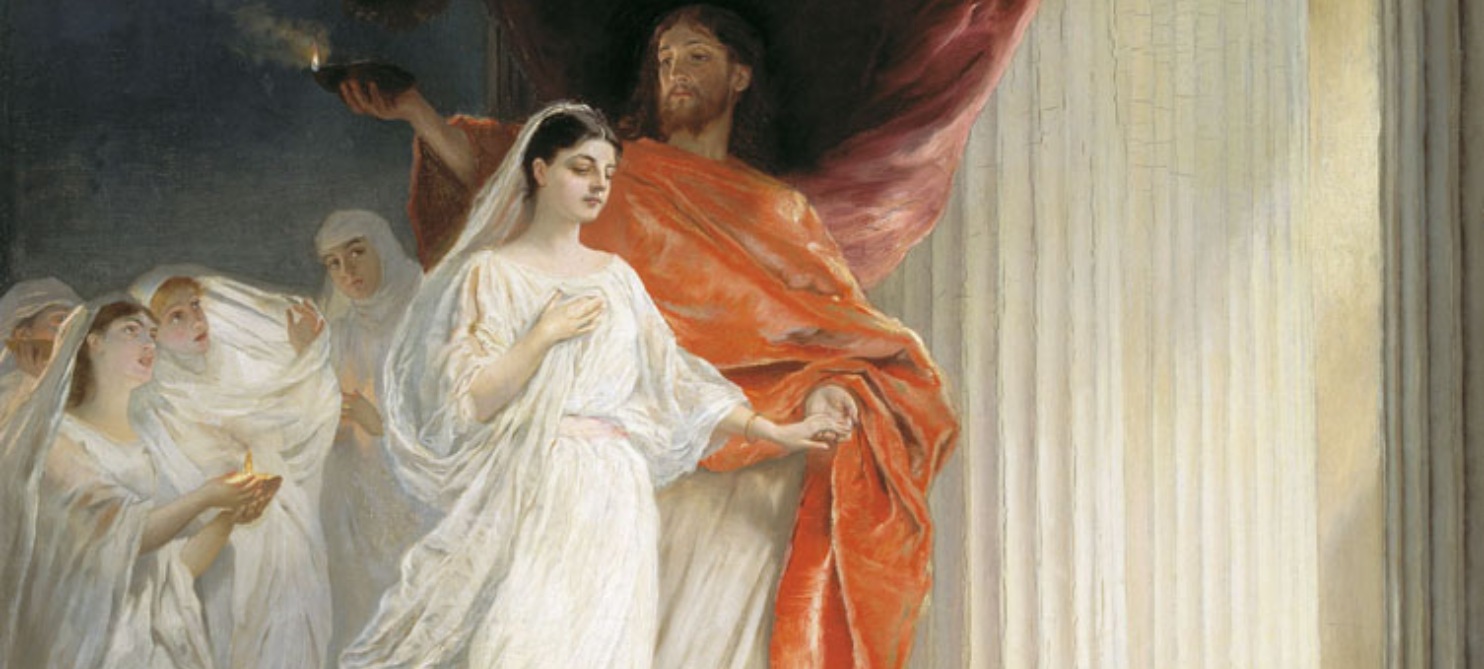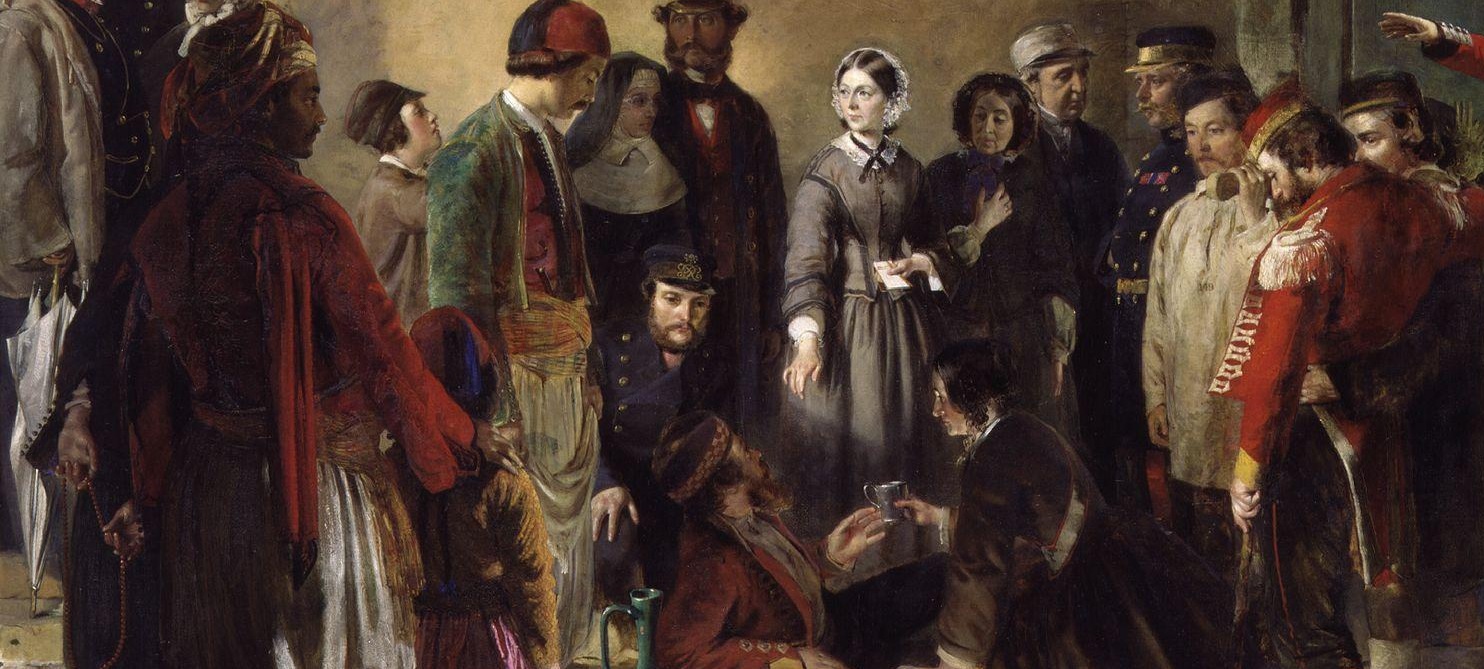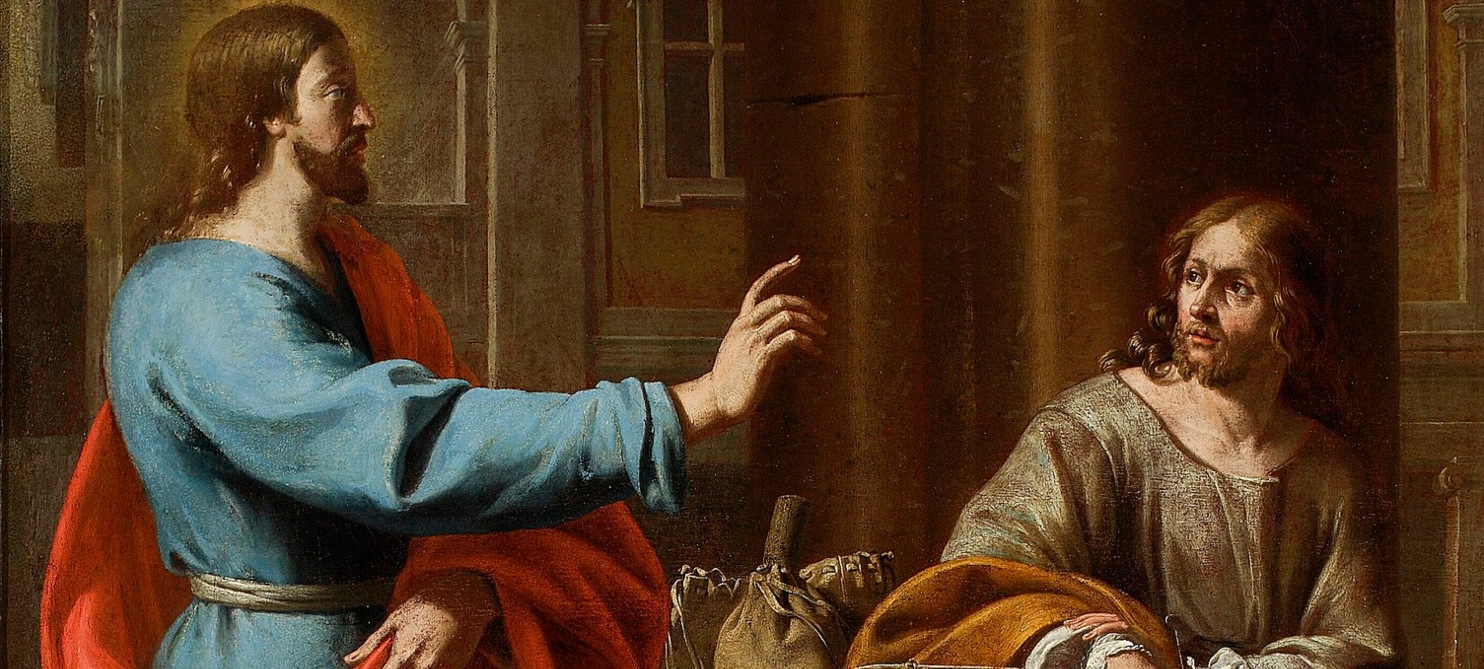Sclerokardia is a condition of hardness of heart. The word sclero, from the Greek, means “hard”. We use this word in English for medical terms like arteriosclerosis or atherosclerosis referred to “hardening of the arteries” or scleroderma, which is a condition that entails the hardening of the skin. But sclerokardia is something far worse than any physical disease because it can lead to spiritual death; it is a disease or illness of the soul. Strong’s Greek lexicon uses the words “hard heartedness” and destitution of spiritual perception.[i] This term is found in the New Testament when we read that Jesus was “grieved at their hardness of heart”, as in Mark 3:5. This serious condition of sclerokardia can lead to blindness of mind, or darkening of the intellect, and dullness of sense, where in we do not perceive the presence of God in the world around us. St. Thomas Aquinas writes about this hardness of heart and blindness of mind as well. He says that where God finds an obstacle in the soul (sin or clinging to sin), He may withhold grace. The defect is not the fault of God, per se, but that the obstacle blocks the light.[ii]
What causes sclerokardia – Hardness of Heart?
What is the primary cause of sclerokardia? The coating of sin on our hearts, our willingness to sin, and our attachment to sin. If we would but turn to the Lord, the source of light, by the cleansing stream of His saving blood, we can be saved. He willingly gives the saving remedy to all who seek Him. This remedy softens our hearts in a way that allows us to be open to receiving the grace that saves. How can we receive this grace? By submitting ourselves to Him and doing as He commands. What does he tell us? What are his instructions? You must be baptized by water and the Holy Spirit.[iii] He also commands His disciples to go out to all the earth, making disciples of all nations baptizing them in the Name of the Father and of the Son and of the Holy Spirit.[iv]
Sacred Scripture on “hardness of heart”
The whole of Sacred Scripture is an account of the revelation of God’s love for man. He calls and chooses a people and makes a covenant with them. In the fullness of time, He fulfills His promises in the Person of the Word made Flesh, His Son Jesus Christ. Through the Prophet Ezekiel, the Word of God speaks of his plan for his people:
I will take you from the nations and gather you from all the countries and bring you into your own land. I will sprinkle clean water on you, and you shall be clean from all your uncleannesses, and from all your idols I will cleanse you. And I will give you a new heart, and a new spirit I will put within you. And I will remove the heart of stone from your flesh and give you a heart of flesh. And I will put my Spirit within you, and cause you to walk in my statutes and be careful to obey my rules. You shall dwell in the land that I gave to your fathers, and you shall be my people, and I will be your God. And I will deliver you from all your uncleannesses[v]… Behold, I will open your graves and raise you from your graves, O my people. And I will bring you into the land of Israel. And you shall know that I am the Lord, when I open your graves, and raise you from your graves, O my people. And I will put my Spirit within you, and you shall live, and I will place you in your own land…David my servant shall be their prince forever. I will make a covenant of peace with them. It shall be an everlasting covenant with them. And I will set them in their land and multiply them, and will set my sanctuary in their midst forevermore. My dwelling place shall be with them, and I will be their God, and they shall be my people.[vi]
unless you eat the flesh of the Son of Man and drink his blood…
God desires the salvation of all men and women. This is the purpose of the saving life, death, resurrection, and ascension of Jesus. In Baptism, we are baptized into Him, that is, into His life, death, and resurrection. We are then able to offer ourselves in union with Jesus in glory to the Father. Partaking in His sacrifice, we are invited to partake of His very life and to receive his body and blood. For Jesus Himself said, “unless you eat the flesh of the Son of Man and drink his blood, you have no life in you. Whoever feeds on my flesh and drinks my blood has eternal life, and I will raise him up on the last day. For my flesh is true food, and my blood is true drink. Whoever feeds on my flesh and drinks my blood abides in me, and I in him.” [vii]
Saint Thomas Aquinas – The Eucharist gives life to the soul and to the body…
St. Thomas Aquinas, in his commentary on the Gospel of St. John, writes:
[O]ne who takes this food and drink of the body and blood of our Lord has eternal life. For this reason it is compared to the tree of life: she is the tree of life for those who take her (Prov 3:18); and so it is called the bread of life.
Accordingly, he says, eternal life, because one who eats this bread has within himself Christ, who is the true God and eternal life, as John says (1 John5:20). Now one has eternal life who eats and drinks, as it is said, not only in a sacramental way, but also in a spiritual way. One eats and drinks sacramentally or in a sacramental way, if he receives the sacrament; and when one eats and drinks spiritually or in a spiritual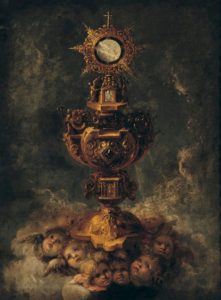 way, if he attains to the reality of the sacrament. This reality of the sacrament is twofold: one is contained and signified, and this is the whole Christ, who is contained under the species of bread and wine. The other reality is signified but not contained, and this is the mystical body of Christ, which is in the predestined, the called, the justified. Thus, in reference to Christ as contained and signified, one eats his flesh and drinks his blood in a spiritual way if he is united to him through faith and love, so that one is transformed into him and becomes his member: for this food is not changed into the one who eats that, but turns the one who takes it into itself, as we see in Augustine, when he says: I am the food of the robust. Grow and you will eat me. You will not change me into yourself, but you will be transformed into me. And so this is a food capable of making man divine and inebriating him with divinity. The same is true in reference to the mystical body of Christ, which is only signified, if one shares in the unity of the Church. Therefore, one who eats in these ways has eternal life. That this is true of the first way, in reference to Christ, is clear enough. In the same way, and we have reference to the mystical body of Christ, one will necessarily have eternal life if he perseveres: for the unity of the Church is brought about by the Holy Spirit: one body, one Spirit…the pledge of our eternal inheritance (Eph 4:4; 1 :14). So this bread is very profitable, because it gives eternal life to the soul; but it is also because it gives eternal life to the body.
way, if he attains to the reality of the sacrament. This reality of the sacrament is twofold: one is contained and signified, and this is the whole Christ, who is contained under the species of bread and wine. The other reality is signified but not contained, and this is the mystical body of Christ, which is in the predestined, the called, the justified. Thus, in reference to Christ as contained and signified, one eats his flesh and drinks his blood in a spiritual way if he is united to him through faith and love, so that one is transformed into him and becomes his member: for this food is not changed into the one who eats that, but turns the one who takes it into itself, as we see in Augustine, when he says: I am the food of the robust. Grow and you will eat me. You will not change me into yourself, but you will be transformed into me. And so this is a food capable of making man divine and inebriating him with divinity. The same is true in reference to the mystical body of Christ, which is only signified, if one shares in the unity of the Church. Therefore, one who eats in these ways has eternal life. That this is true of the first way, in reference to Christ, is clear enough. In the same way, and we have reference to the mystical body of Christ, one will necessarily have eternal life if he perseveres: for the unity of the Church is brought about by the Holy Spirit: one body, one Spirit…the pledge of our eternal inheritance (Eph 4:4; 1 :14). So this bread is very profitable, because it gives eternal life to the soul; but it is also because it gives eternal life to the body.
And therefore he adds, I will raise him up on the last day. For as was said, one who eats and drinks in a spiritual way shares in the Holy Spirit, through whom we are united to Christ by union of faith and love, and through him we become members of the Church. But the Holy Spirit also merits the resurrection: he who raised Jesus Christ our Lord from the dead, will also raise our mortal bodies because of his Spirit, who dwells in us (Roman 8: 11). And so our Lord says that he will raise up to glory who ever eats and drinks; to glory, and not to condemnation, as would not be for their benefit.
Such an effect is fittingly attributed to the sacrament of the Eucharist because, as Augustine says and as was said above, it is the Word who raises up souls, and it is the Word made flesh who gives life to bodies. Now in the sacrament the Word is present not only in his divinity but also in the reality of his flesh; and so he is the cause of the resurrection not just of souls, but also of bodies as well: for as death came through a man, so the resurrection of the dead has come through a man (1 Cor 15:21). It is now clear how profitable it is to take this sacrament.[viii]
This food given to us for our salvation, the body and blood Christ, is the ultimate cure for sclerokardia. Being made divine by the very body and blood of the Lord, we receive the promise of eternal life, the pledge of future glory. His salvation is offered to all, but we must turn to Him to be save and accept His gift.
Blessed be the God and Father of our Lord Jesus Christ! According to his great mercy, he has caused us to be born again to a living hope through the resurrection of Jesus Christ from the dead, to an inheritance that is imperishable, undefiled, and unfading, kept in heaven for you, who by God’s power are being guarded through faith for a salvation ready to be revealed in the last time.
1 Peter 1:3-5[ix]
Other posts about the Most Holy Eucharist:
[i] Strongs’s #4641: sklerokardia – Greek/Hebrew Definitions – Bible Tools. Accessed January 23, 2021. https://www.bibletools.org/index.cfm/fuseaction/Lexicon.show/ID/G4641/sklerokardia.htm.
[ii] “Question 79. The External Causes of Sin.” SUMMA THEOLOGIAE: The external causes of sin (I-II, q. 79, a. 3, co). Accessed January 23, 2021. https://www.newadvent.org/summa/2079.htm.
[iii] “John 3:5.” Bible Gateway. Accessed January 25, 2021. https://www.biblegateway.com/verse/en/John%203%3A5.
[iv] “Matthew 28:18-20 – English Standard Version.” Bible Gateway. Accessed January 25, 2021. https://www.biblegateway.com/passage/?search=Matthew+28%3A18-20&version=ESV.
[v] “Ezekiel 36:24-29a – English Standard Version.” Bible Gateway. Accessed January 24, 2021. https://www.biblegateway.com/passage/?search=Ezekiel+36&version=ESV.
[vi] “Ezekiel 37:12b-14; 25b-27- English Standard Version.” Bible Gateway. Accessed January 24, 2021. https://www.biblegateway.com/passage/?search=Ezekiel+37&version=ESV.
[vii] “John 6:53b-56 – English Standard Version.” Bible Gateway. Accessed January 25, 2021. https://www.biblegateway.com/passage/?search=John+6&version=ESV.
[viii] Thomas Aquinas. “Chapter 6, Lecture 7, 6:53-60:1.” Essay. In Commentary on the Gospel of John, edited by Aquinas Institute, translated by Fabian R. Larcher, 370–71. Lander, WY: Aquinas Institute for the Study of Sacred Doctrine, 2013.
[ix] “1 Peter 1:3-5 – English Standard Version.” Bible Gateway. Accessed January 24, 2021. https://www.biblegateway.com/passage/?search=1+Peter+1%3A3-5&version=ESV.
Posted for the Feast of Saint Thomas Aquinas – January 28, 2021
